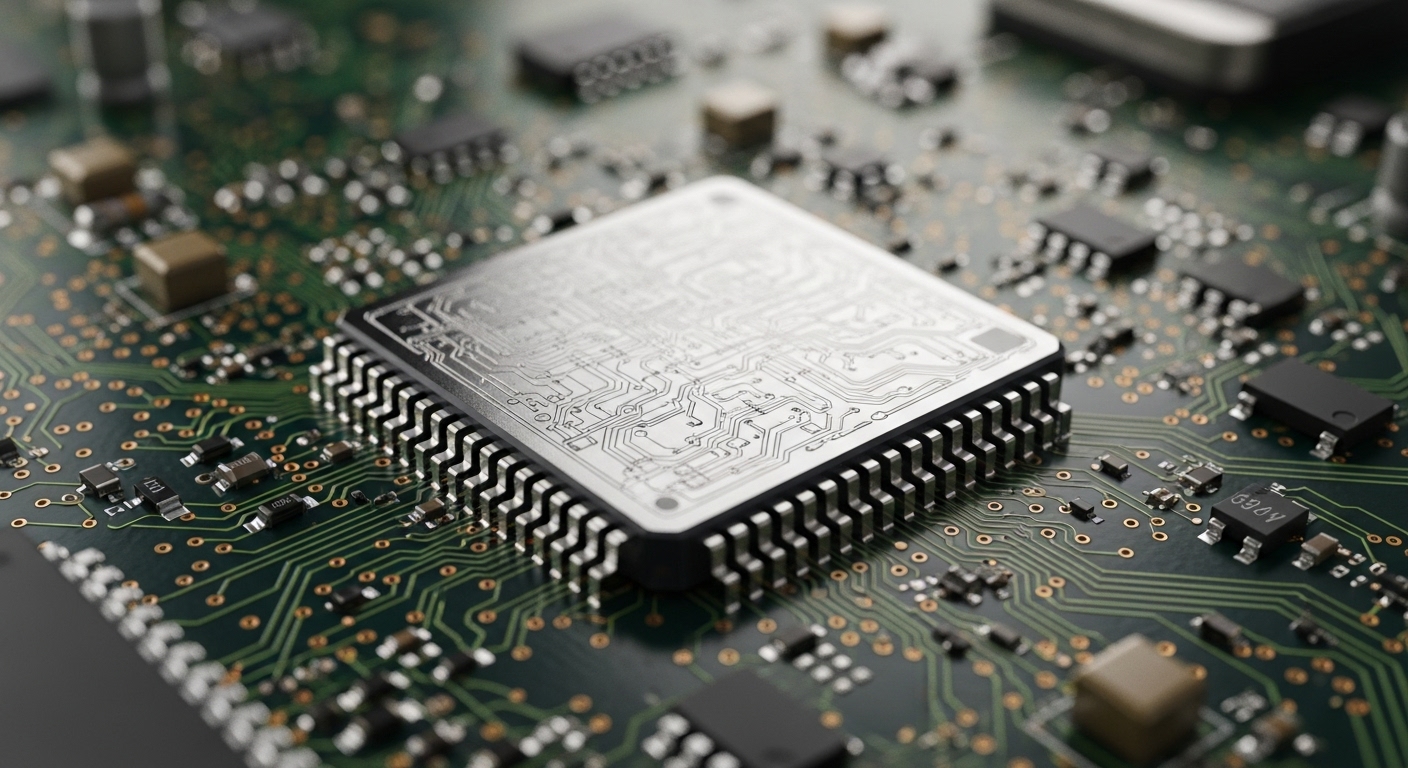Introduction: Embracing the Technological Evolution
Technology has always been a driving force behind human progress, but the pace of innovation today is unlike anything we’ve seen before. From artificial intelligence to quantum computing, the future of technology promises to reshape industries, improve our daily lives, and create entirely new ways of interacting with the world. As we venture into this new era, it’s important to understand how these technological advancements are impacting us now and will continue to influence our future.
Artificial Intelligence: The Brain of Tomorrow’s Tech
One of the most transformative innovations today is artificial intelligence (AI). Once considered a futuristic concept, AI has already infiltrated nearly every aspect of our lives. From voice assistants like Siri and Alexa to complex algorithms that power recommendation systems on platforms like Netflix and YouTube, AI is making processes smarter and more efficient.
AI’s influence extends well beyond consumer products. In healthcare, it’s enabling faster diagnoses and more accurate treatments by analyzing large volumes of medical data. In business, AI-driven tools are streamlining operations, reducing costs, and providing insights into consumer behavior. However, as AI continues to evolve, questions regarding job displacement, ethics, and security are emerging, making it critical for us to think carefully about how we integrate AI into society.
5G: The Backbone of Future Connectivity
The rollout of 5G networks is another technological milestone that promises to transform how we connect and interact. With speeds up to 100 times faster than 4G, 5G is not just about faster internet; it’s about enabling a new era of connectivity. This technology is set to revolutionize everything from autonomous vehicles to smart cities, virtual reality (VR), and even the way we work remotely.
One of the most significant impacts of 5G will be its ability to support the Internet of Things (IoT), where everyday devices, from refrigerators to wearable tech, can communicate with one another. The ultra-low latency and high bandwidth of 5G will make this seamless communication possible, paving the way for a more connected world where everything is synchronized and optimized for efficiency.
Quantum Computing: A Leap Into the Unknown
Quantum computing is often described as the next frontier in technology. Unlike classical computers that process information in binary, quantum computers use quantum bits or qubits, which can represent and store information in more complex ways. This allows them to solve problems that are currently beyond the capabilities of traditional computers.
Quantum computing has the potential to revolutionize industries like cryptography, drug discovery, and even artificial intelligence. Imagine being able to simulate molecules for drug development or solve complex optimization problems in seconds—things that would take traditional supercomputers years. However, quantum computing is still in its early stages, and there are significant challenges to overcome, particularly in terms of stability and error correction. Nevertheless, its potential is immense, and it’s one of the most exciting areas of tech innovation to watch.
The Role of Augmented Reality and Virtual Reality
As technology continues to evolve, so does the way we experience entertainment and information. Augmented Reality (AR) and Virtual Reality (VR) are at the forefront of this transformation. AR overlays digital information on the real world, while VR immerses users in fully virtual environments. Together, these technologies are changing the way we interact with our surroundings.
In gaming, VR has already created new, immersive experiences that allow players to step into the game world. In education, AR is helping students learn in interactive ways, while VR is providing simulations that help in skill-building and training. Beyond entertainment and education, these technologies have potential applications in fields like real estate, healthcare, and even remote work. For example, AR can allow doctors to overlay important patient data during surgery, or VR can offer a realistic training environment for complex tasks.
Sustainable Tech: Innovations for a Greener Tomorrow
As our world faces growing environmental challenges, technology is stepping in to help create sustainable solutions. From renewable energy sources like solar and wind to electric vehicles (EVs) and smart grids, technology is driving the shift toward a more sustainable future.
One of the most exciting developments in sustainable tech is the rise of clean energy storage. Innovations in battery technology are allowing renewable energy to be stored more efficiently, making solar and wind power more reliable and reducing our dependence on fossil fuels. Additionally, AI is being used to optimize energy consumption in real-time, helping businesses and households reduce waste and lower their carbon footprint.
Tech and Ethics: Balancing Progress with Responsibility
As technology becomes more integrated into our lives, ethical considerations have become a critical topic of discussion. Issues like data privacy, algorithmic bias, and the impact of automation on jobs are just the beginning. The power of technology, while immense, brings with it the responsibility to use it for the common good.
For example, facial recognition technology has sparked debates about privacy and surveillance, while AI algorithms have raised concerns about fairness and bias. As we continue to innovate, we must prioritize transparency, accountability, and fairness to ensure that technology benefits everyone and doesn’t widen social inequalities or erode personal freedoms.
The Future: Infinite Possibilities on the Horizon
The potential of technology is limitless, and the future holds exciting possibilities. We are entering an age where artificial intelligence, quantum computing, 5G connectivity, and sustainable innovations will converge to create new industries, improve quality of life, and solve some of the most pressing challenges humanity faces.
As technology continues to evolve at an exponential rate, it’s crucial that we stay informed, engaged, and thoughtful in how we approach these changes. The key to unlocking the full potential of technology lies not just in the advancements themselves, but in how we, as a society, choose to harness them for the greater good.
Conclusion: A Bright Future Powered by Innovation
The technological revolution is well underway, and it’s clear that innovation will continue to drive our future. From improving our daily lives to tackling global challenges, technology holds the power to create a better, more connected world. But as we move forward, we must balance progress with responsibility to ensure that these advancements lead to positive outcomes for everyone. The journey is just beginning, and the future of technology has never been more exciting.




